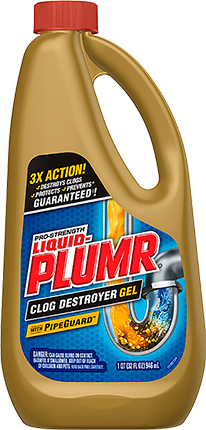Increase your “drain brain”
What Are Pipes Made Of?
Your house is full of pipes, carrying fresh water into your taps and wastewater out of your drains. When they’re working, you don’t think much about them. When they’re backed up or not draining, you can’t think about anything else.
So what the heck is going on down there?
Fundamentally, your house’s drainage system isn’t that complicated. Your drainage system isn’t pressurized like your “supply” system, so it’s gravity that draws your wastewater away. Your roof includes vents that allow air to enter your drainage system, allowing your wastewater to flow properly, and “traps” beneath your drains hold water that keeps your drains sealed against the sewer they’re draining into. (That’s why backed up pipes are…unpleasant.)
But what are those pipes actually made of, and how does it affect your plumbing? So glad you asked.
Galvanized Steel
Steel is durable, sure, but it also only has a 20- to 50-year lifespan. Odds are, if your home currently has cast iron piping you already need a professional plumber to replace sections with modern piping. But which is worse: a plumber’s bill now, or blocked or burst pipes later?

Cast iron
Older homes might still have cast iron pipes, which have a lifespan of up to 100 years. Unfortunately, they can also rust, meaning that if you’re having consistent drainage problems or leaks you might have to call a plumber to replace the old iron with new.

PVC
Polyvinyl chloride (PVC) pipes, also simply called “vinyl,” is the most common modern material used to drainage pipes. PVC is cheap, easily installed with liquid glue — by a plumber, not by you — and has an almost unlimited lifespan. Unlike its metal counterparts, vinyl can’t rust or corrode.

Fortunately, Liquid-Plumr® is safe for all pipe types except rubber, which is present in some fittings. So whether you’ve got to force a hair clog through a 50-year-old set of iron pipes or just get your drain draining faster, Liquid-Plumr® will always be the right choice for your house’s plumbing.
Leave the rest to your plumber.

